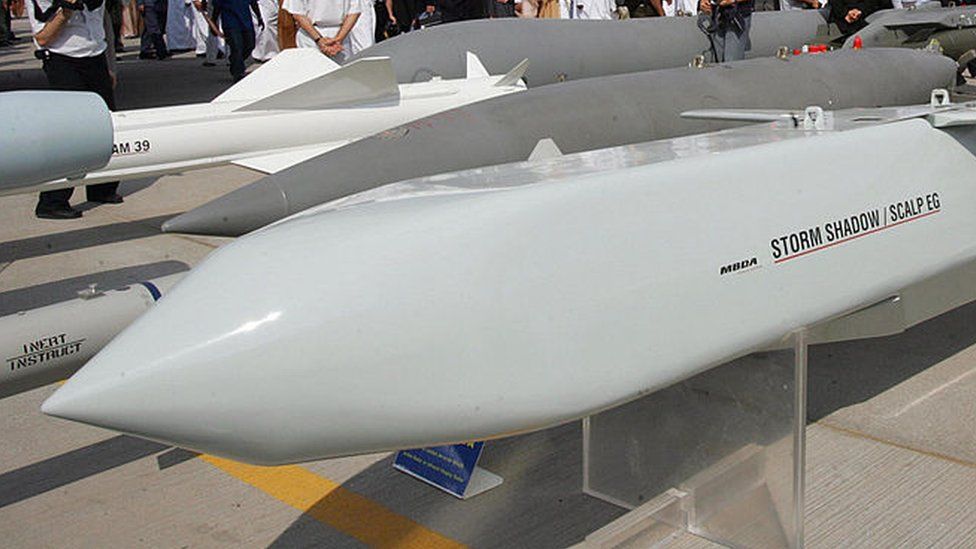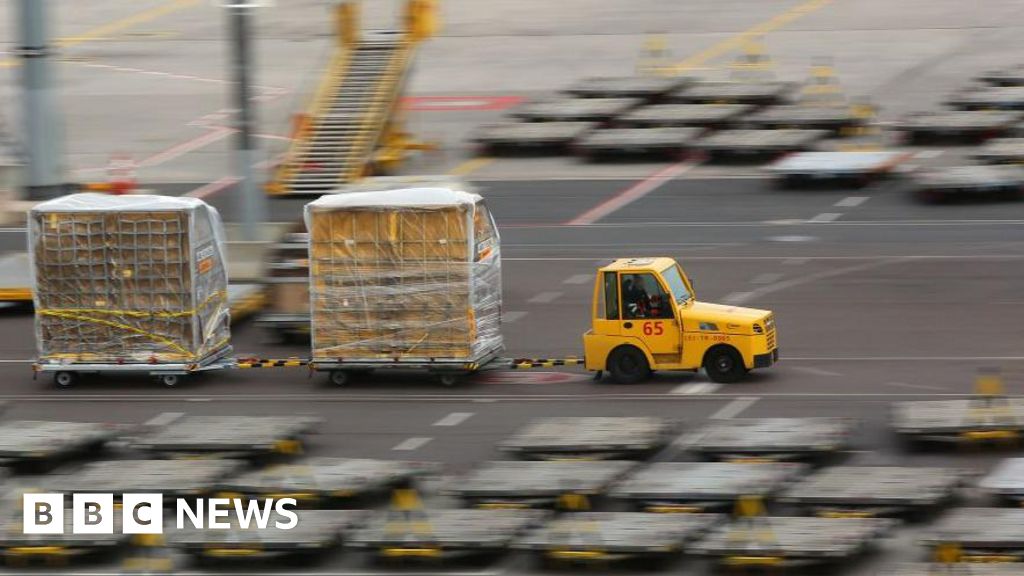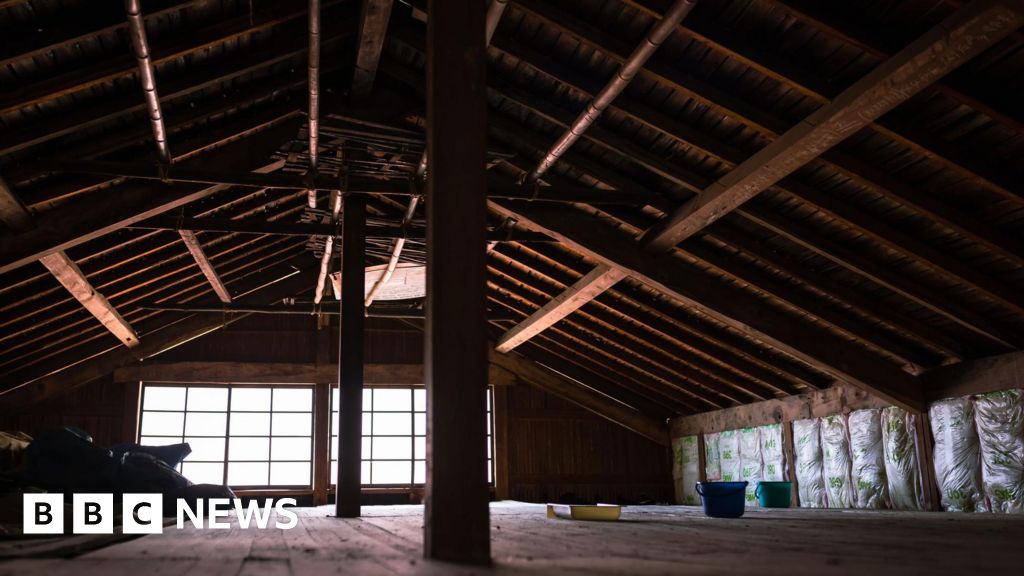ARTICLE AD BOX
 Image source, Getty Images
Image source, Getty Images
By Thomas Spencer
BBC Verify
On 11 May, the UK government confirmed it had donated an undisclosed number of Storm Shadow missiles to Ukraine.
The Storm Shadow cruise missile has a range of over 150 miles - triple the range of the missiles Ukraine has used up to now.
This makes it easier for Ukraine to launch precision strikes against Russian high-value targets that were previously beyond reach.
With a limited number of Storm Shadows available, Ukraine is likely to focus their use on Russian military assets inside occupied areas.
Given the missile's range, Russian military planners will again need to consider how to better protect logistics, command and control centres, and equipment stationed behind the frontline.
Plus, Storm Shadow missiles can penetrate hardened aircraft hangers - so Russia's airbases will be more vulnerable in occupied areas of Ukraine. As a result, Russia may draw back some of its air defences, says Ben Barry, a senior fellow for land warfare at the International Institute for Strategic Studies.
Ukraine's Soviet-era Su-24 Fencer jet fighters have been equipped with the missile and crucially, will therefore be able to launch surgical strikes from a safer distance.
We may already be seeing the impact of the Storm Shadow missiles.
The BBC is unable to verify these claims.
Ukraine has not confirmed specific Storm Shadow strikes. However, it recently claimed to have hit a Russian military headquarters located deep inside the Southern Eastern region of Zaporizhzhia, at the Port city of Berdiansk.
Berdiansk is approximately 70 miles from assessed Ukrainian frontline positions and therefore beyond the range of previously available missiles.
Whilst the BBC is unable to verify this attack, Ukraine is clearly determined to dislocate Russia's war machine - and Russia's Defence Ministry is now acutely aware that Ukraine is able to pursue longer range attacks.
Storm Shadows vs US-supplied Himars
In July 2022, the US supply of Himars rockets empowered Ukraine to hit targets up to 50 miles away.
These strikes caused Russia to move back and disperse logistics out of the missile's range.
Ukrainian strikes on the Antonivka Road Bridge also stopped Russia resupplying its forces occupying Kherson city, forcing them to withdraw across the Dnipro River.
Himars are also, in part, credited for a Ukrainian shift to Western-style flexibility in tactics.
Ukraine is likely to have fewer Storm Shadow missiles than it has Himars - but it should still be better able to disrupt Russia's battle rhythm.
As J Andrés Gannon, a security expert at the US Council on Foreign Relations, says: "If Russia has to devote more resources to protecting command and logistic hubs or decides to pull them further from the frontlines that will significantly slow forward moving operations."
And while Himars have proven highly effective against static positions, they are reported to be unable to hit moveable targets, like ground-based air defences that are mounted on vehicles.
Storm Shadow may therefore help thin out Russian air defences across occupied areas of Ukraine and undermine Russian air power ahead of an anticipated counter-offensive, particularly making life easier for Ukrainian ground forces.
There are, however, political limits for the UK-supplied missile. While on paper it can hit targets inside Russia, Ukraine will have agreed not to use it against military assets inside the Russian Federation - or even just over the border - to avoid escalating the war.
Russia and Ukraine both face the challenge of sustaining what has become a war of attrition.
The West's resolve to support Ukraine remains, but its ability to supply advanced missiles and air defences are not infinite.
Ukraine will remember that when the UK pledged to send its main battle tank, Challenger 2, the US and European countries followed in supplying Western tanks to Ukraine.
The Storm Shadow may set another Western precedent.

 1 year ago
17
1 year ago
17








 English (US)
English (US)